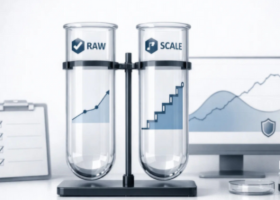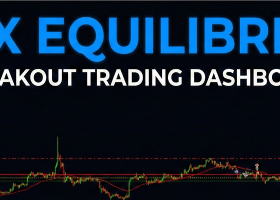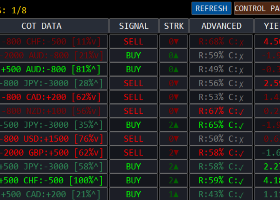
GBP/EUR Forecasts for 2015: A summary of the latest GBP/EUR exchange rate forecasts issued by Barclays, Goldman Sachs, HSBC and Reuters for 2015
By the close of the year all forecasters are seeing a GBP/EUR residing above the psychologically significant level of 1.3000.
However, we note the run higher could hit some bumps with the key
risk being an improving Eurozone economy. Indeed at year end 2014 we are
seeing some signs of improvement with German confidence picking up. Indeed, late 2014 has seen the pound to euro exchange rate drop from
resistance at 1.2800 towards the bottom of its inter-month range at
1.25. We reckon the 1.25 level will continue to offer strong support and could provide a floor to further euro strength.
Sterling has suffered since July 2014 as markets push back their expectations for the first interest rate hike at the Bank of England towards the end of 2015.This saw the sterling rally come to an end. However, there are signs that the Bank may have to act sooner and an upswing in GBP will likely follow. December data has seen inflation fall to 1% and wages rise to 1.4%. The improvement in expendable income has been reflected in some strong retail sales data, significant in that consumers are a key driver of the UK economy.
The Bank of England will have to take note says Chris Williamson at Markit:
"Although inflation is set to fall further in coming months, having
already dropped to 1.0% in November, that won’t necessarily stop
interest rates from rising next year. Instead, it is likely that a
gradual recovery of wages growth over the next year will be a key factor
persuading increasing numbers of policymakers that it is appropriate to
start the process of bringing interest off current emergency record low
levels."


